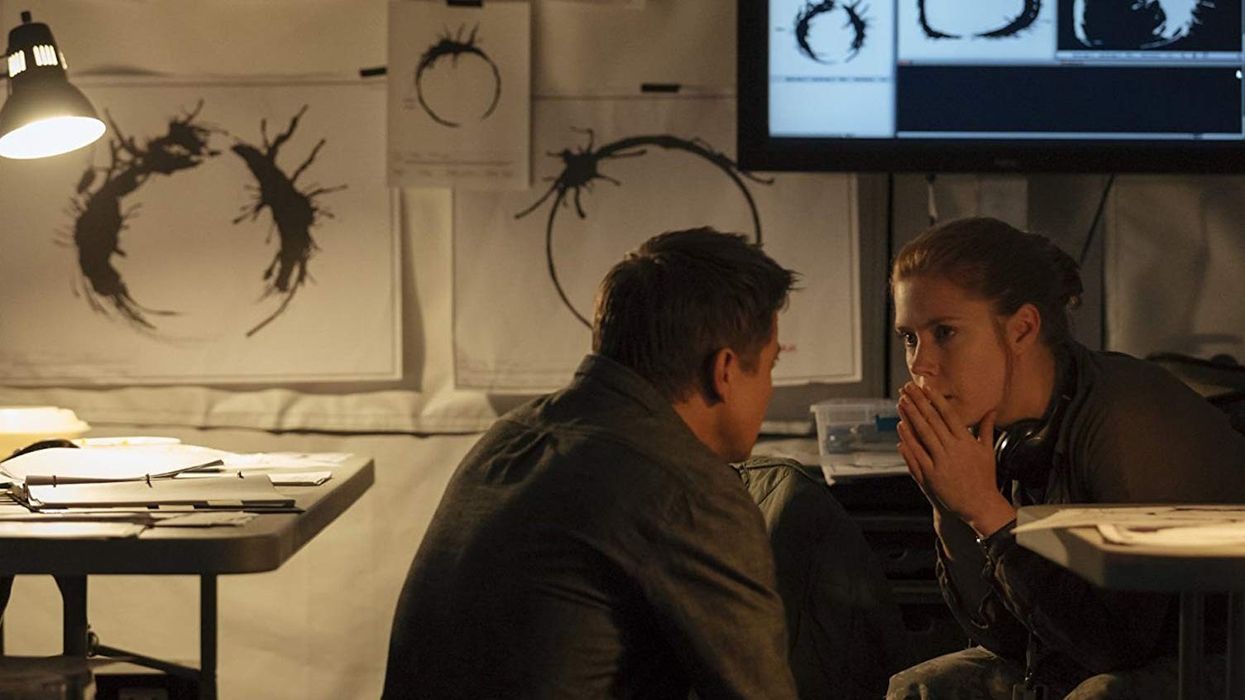Writing Exposition: Why You Should Stop Being a Helicopter Screenwriter
When it comes to your script, sometimes you just need to let your audience figure it out for themselves.

I know. I know. Your script is your baby. You gestated that thing within the sacred womb of your creativity and, after weeks and months of hard labor, birthed that precious angel into existence. But just because you gave life to your story doesn't mean you should go full "helicopter parent" and hold your audience's hand through your narrative with poor exposition. In this video essay, Declan Taaffe of Writing with the Camera discusses the problem with the way many writers treat the information in their stories, namely the manner in which it's delivered through expositional scenes, and how it shortchanges your audience, making them unable to even engage with or appreciate your story for the beautiful miracle that it is.
When studying the craft of screenwriting critically, exposition, in general, gets kind of a bum rap for being the work of lazy writers who fill their stories with excessive, hamfisted deliveries of narrative information that, many times, all the characters involved in the scene already know. However, what I just described is poor exposition, not exposition as a whole.
Your story will most likely need a good chunk of exposition, especially if concepts in your film are complicated and difficult to understand, like, say, the process Inception's extractors had to go through to extract sensitive information from targets through their shared dream world. ("Uh, what?") Yeah, I'd say something like that merits a little discussion, wouldn't you?
However, the tricky part is conveying that information in a way that doesn't bar your audience from participating in the storytelling process. As Taaffe says, your audience wants to figure it out; they don't want you helicoptering over them with clunky expositional scenes that spell everything out for them. So, how do you do it?
Perhaps the most helpful habit you can get into as you construct these kinds of scenes is writing as little as possible. In other words, be exceedingly economical with your words. If you can show a concept, idea, or emotion, do it. Don't tell your audience about it if you don't have to. Think of the scenes in your script little mysteries: give your audience just enough information to be able to solve it but not enough to solve it for them. For example, don't write dialogue that has your character telling someone that they're depressed at a party, give your character a thousand-yard stare as everyone around them enjoys the festivities.

If you want to learn more about how to write better expositional scenes, check out some of our other articles on the subject.
Source: Writing with the Camera











